
One Vitamin That Could Transform Your Circulation: Niacin (Vitamin B3)
One Vitamin That Could Transform Your Circulation: Niacin (Vitamin B3)
As we age, our bodies naturally begin to change, and maintaining efficient blood circulation becomes a crucial health priority. Poor circulation, particularly in the legs and feet, is often overlooked but can lead to serious complications if ignored.
This article introduces a powerful, often underestimated vitamin that can support heart health, improve blood flow, and boost mobility: Niacin, also known as Vitamin B3.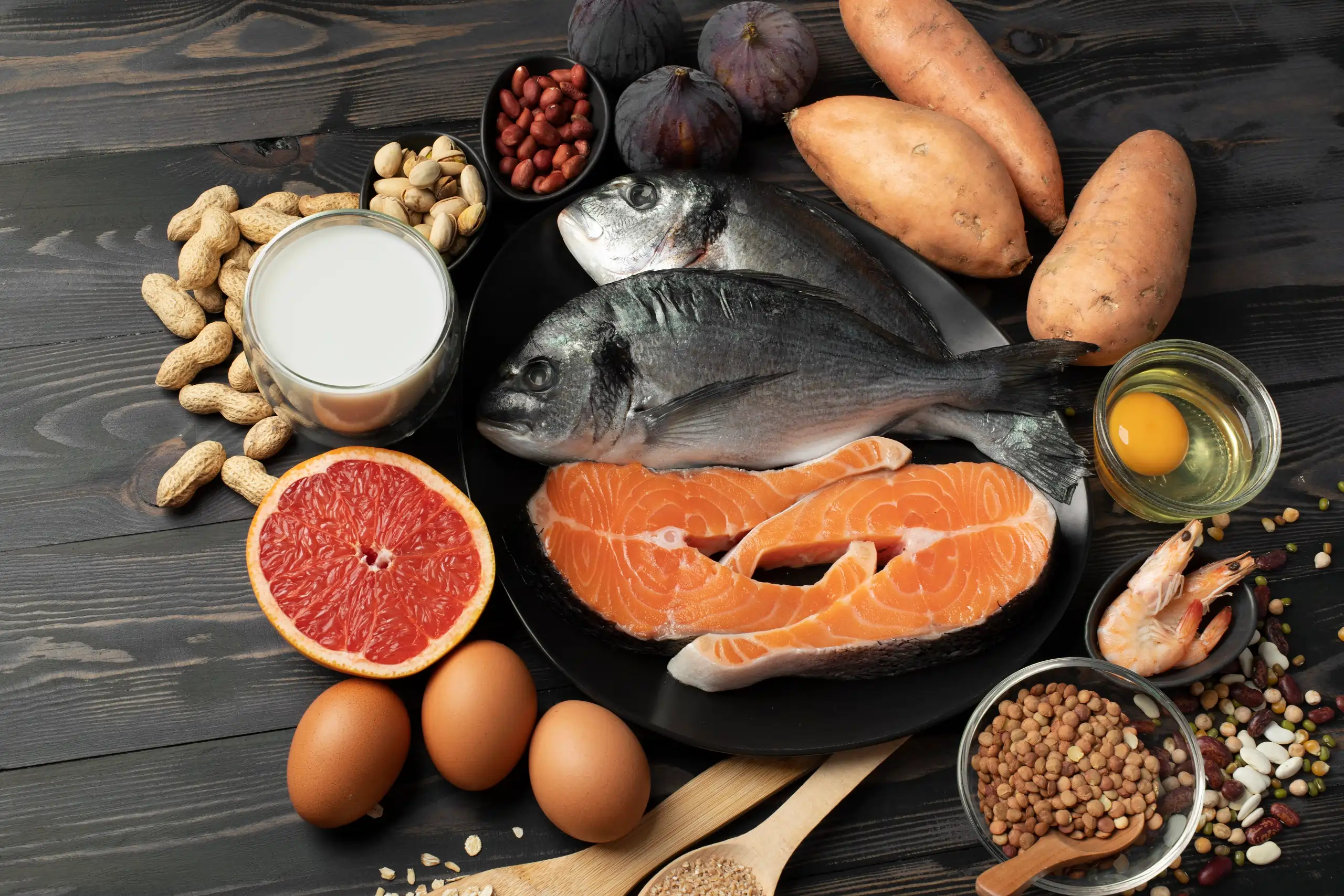
What Is Niacin (Vitamin B3)?
Niacin is an essential B-complex vitamin that plays a foundational role in many bodily functions, including energy production and repair. Critically for cardiovascular health, Niacin acts as a:
-
Vasodilator: It helps widen blood vessels, which allows blood to flow more freely, especially into the tiny capillaries in the lower limbs.
-
Anti-Inflammatory Agent: Niacin reduces inflammation within the blood vessels and supports the repair of damaged tissue.
-
Cholesterol Regulator: It plays a significant role in balancing cholesterol by raising (good cholesterol) and lowering triglycerides.
Why Niacin Becomes Even More Important After 50
The cardiovascular system changes significantly after age . Arteries may stiffen, circulation can slow, and the risk of blockages (like Peripheral Artery Disease, or ) increases.
Niacin offers specific support for older adults by:
-
Improving Blood Vessel Function: Enhancing flow-mediated dilation, a key measure of vessel health.
-
Supporting Cholesterol Balance: High doses can increase cholesterol by up to .
-
Boosting Mobility: Improving blood flow and energy production in muscle tissues, which is vital for those with .
Scientific Breakthrough in Mobility
A study published in Nature Communications highlighted the potential of a special form of Vitamin B3 (nicotinamide riboside). When tested on participants with Peripheral Artery Disease (), those who took the supplement were able to walk farther in 6-minute tests. This demonstrates Niacin's direct impact on improving muscle energy and blood flow in compromised limbs.
How to Get More Niacin Naturally
You can easily incorporate Niacin into your diet through a variety of everyday foods. Your body can also synthesize Niacin from the amino acid Tryptophan, found in high-protein foods (provided you have enough Vitamins B2 and B6).
Considering Niacin Supplements
For most people, a healthy diet provides enough Niacin to meet the standard Recommended Daily Allowance ():
-
Men:
-
Women:
However, if you are at higher risk for cardiovascular issues or poor circulation, your doctor may suggest a therapeutic, high-dose regimen:
-
Therapeutic Dosing: For cholesterol treatment, doses may start at and gradually increase to .
Warning: High doses of Niacin can cause side effects such as uncomfortable flushing, itching, or, in rare cases, liver damage. Always consult your doctor or a cardiologist before starting a high-dose Niacin regimen.
Final Thoughts
Supporting healthy circulation is essential for protecting your heart, improving mobility, and maintaining a high quality of life as you age. Whether you focus on improving your diet or, under medical guidance, use supplements, Vitamin B3 (Niacin) is a simple yet powerful ally for your long-term vascular health.
News in the same category

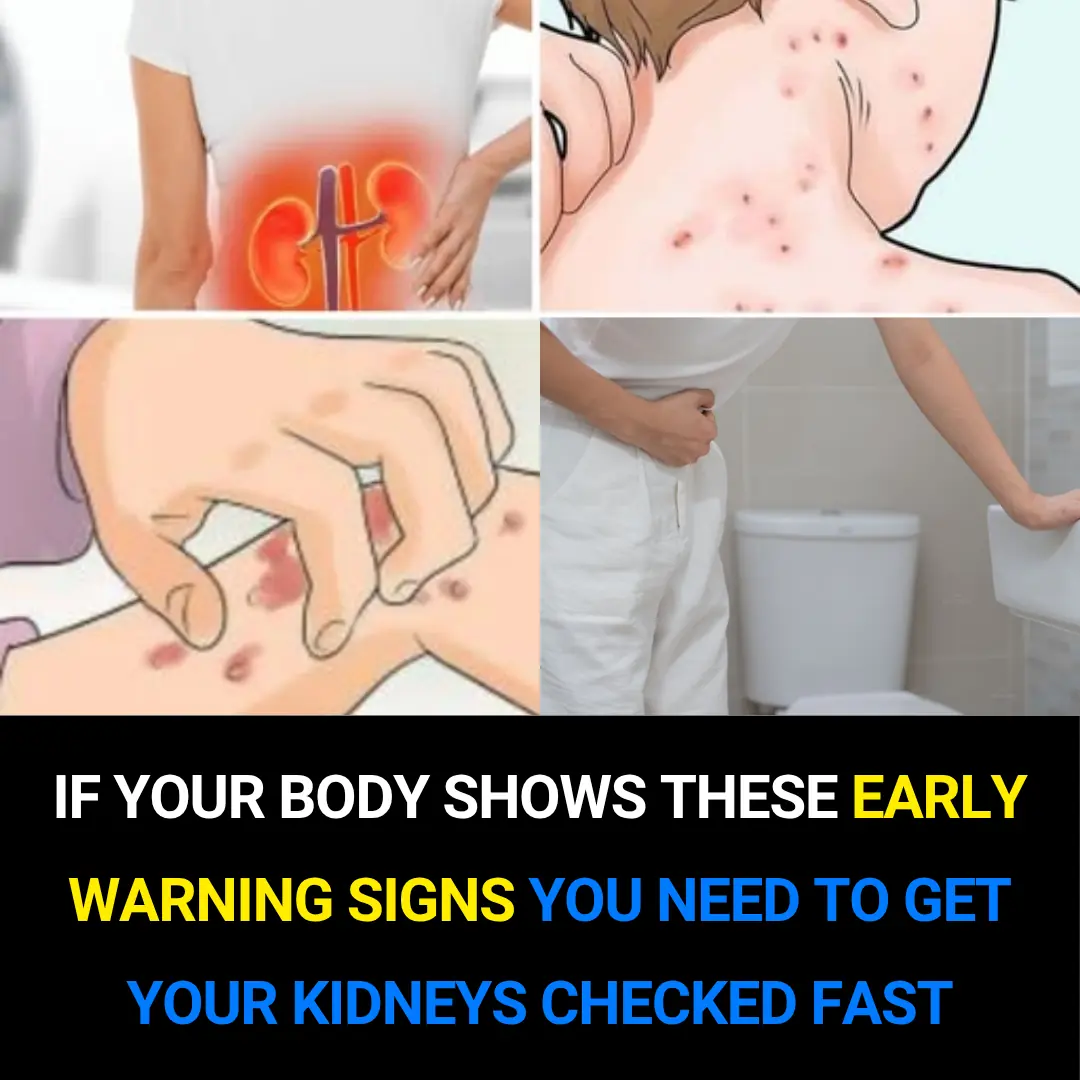
The Silent Threat: Recognizing Early Signs of Kidney Disease and Lifestyle Prevention

Baking Soda (Bicarbonate of Soda): Uses and Benefits (Science Based)
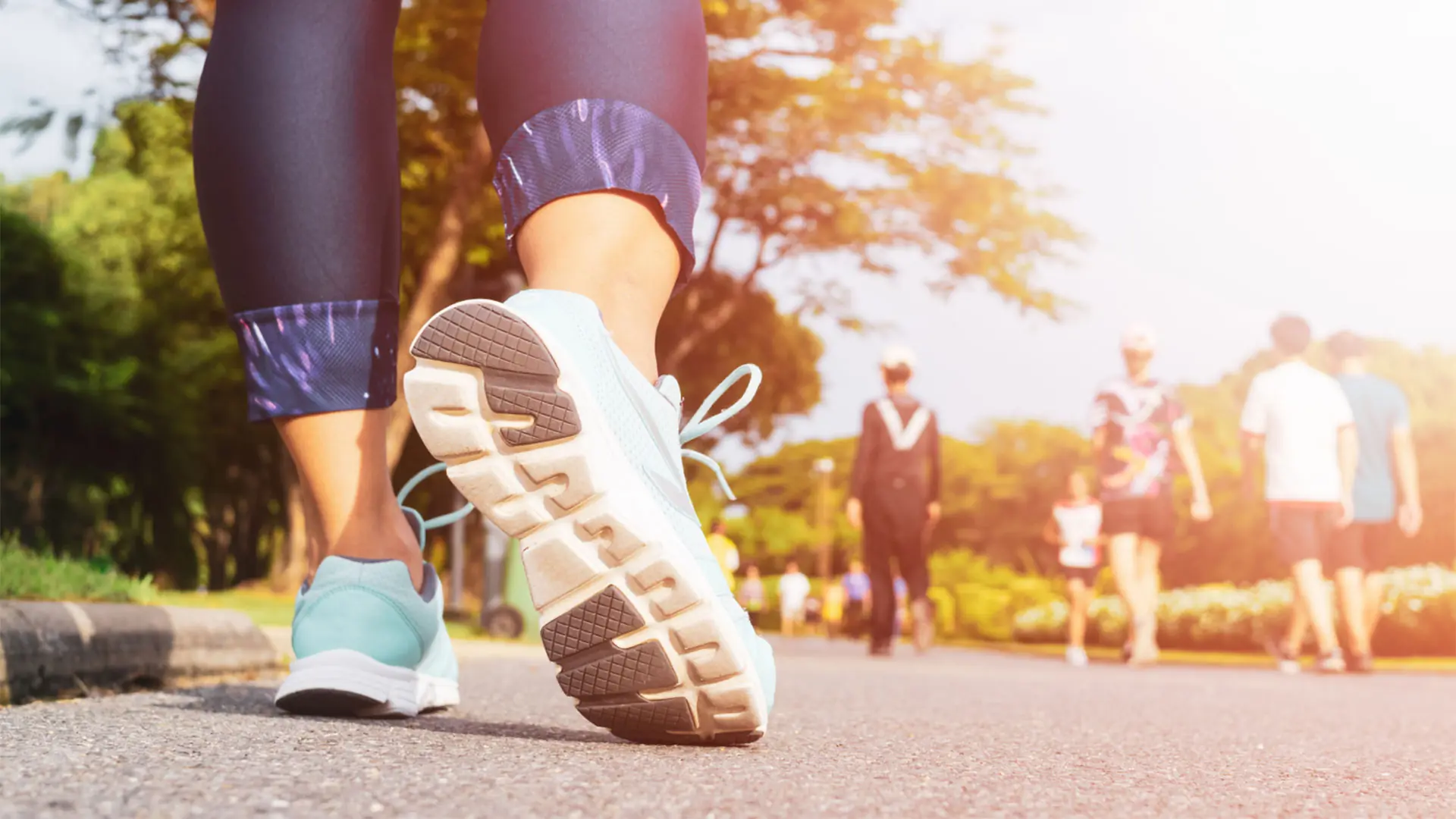
Benefits of Walking: Why Walking is One of the Best Forms of Exercise 🚶♀️
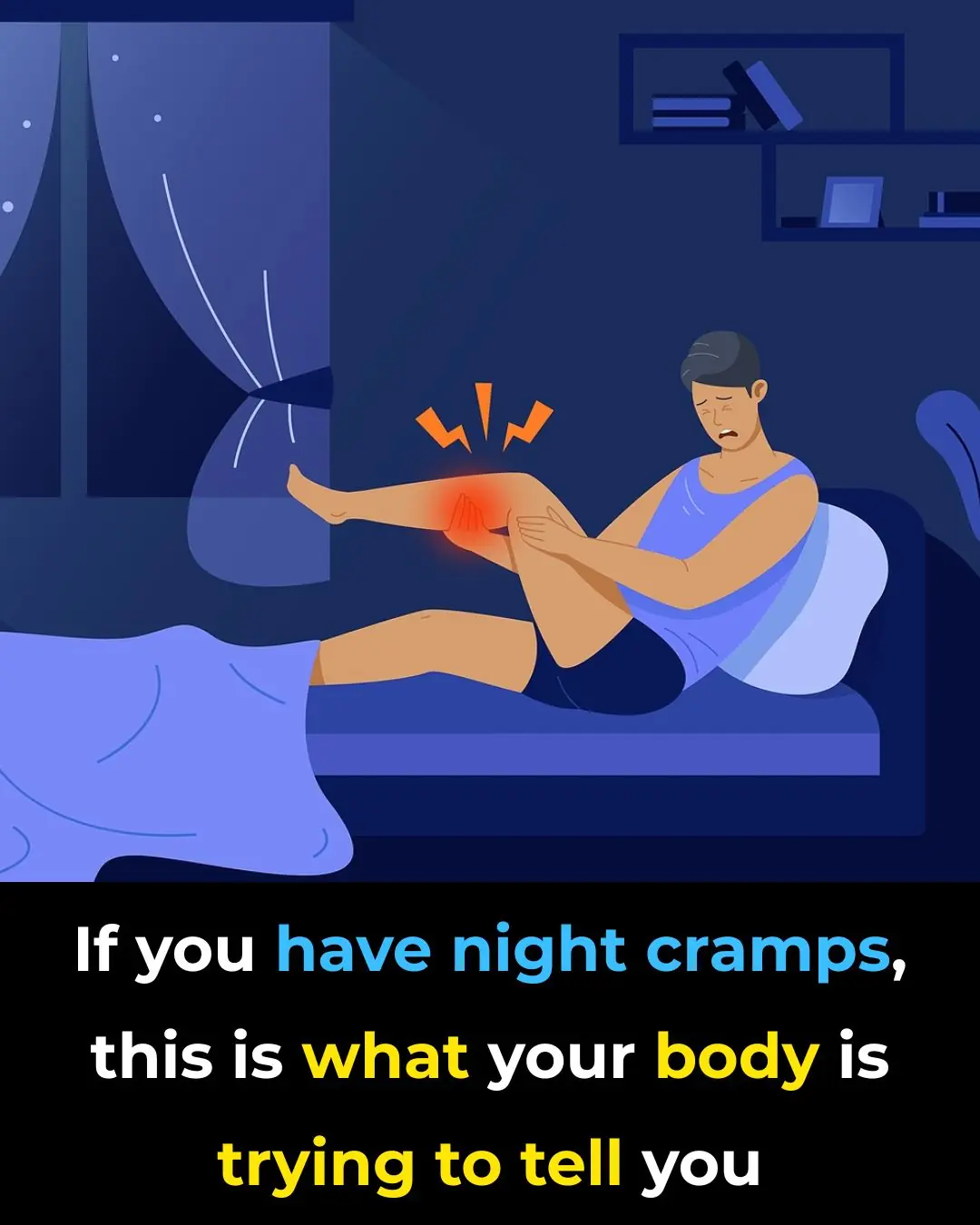
If you have leg cramps at night, it means you have..
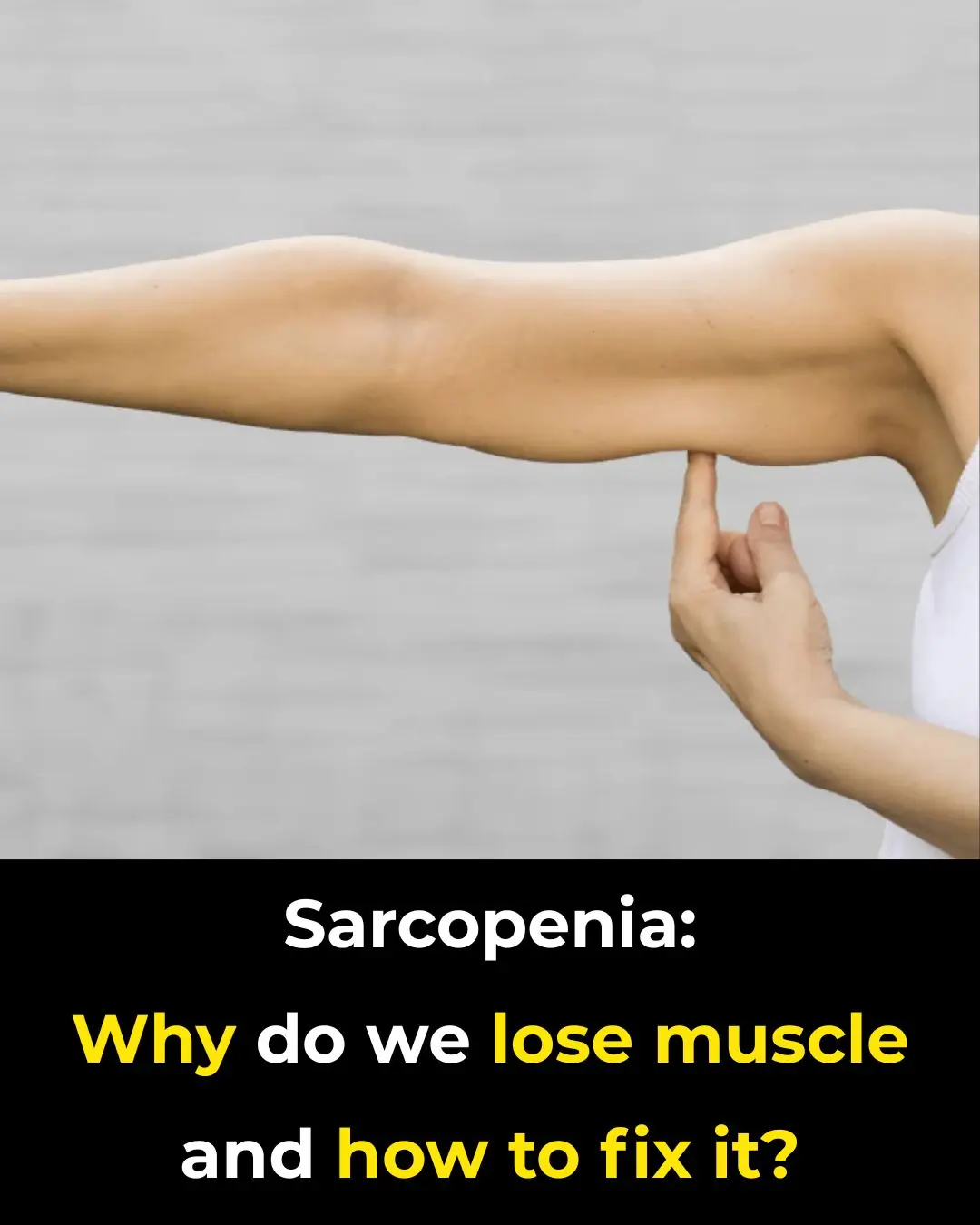
Sarcopenia: Why do we lose muscle and how to fix it?

Top 11 Nutrients To Destroy Cancer Stem Cells
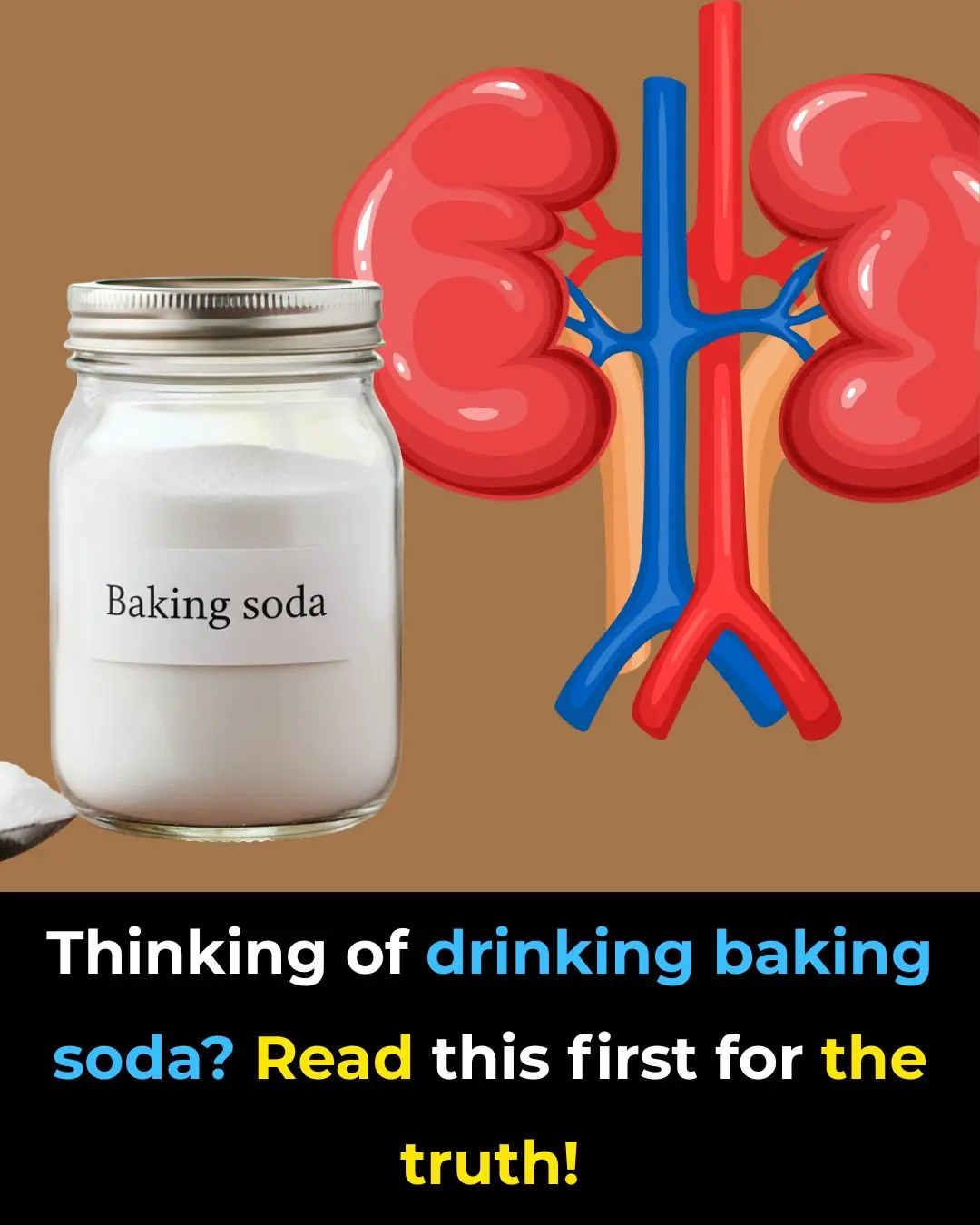
Thinking of drinking baking soda? Read this first for the truth!
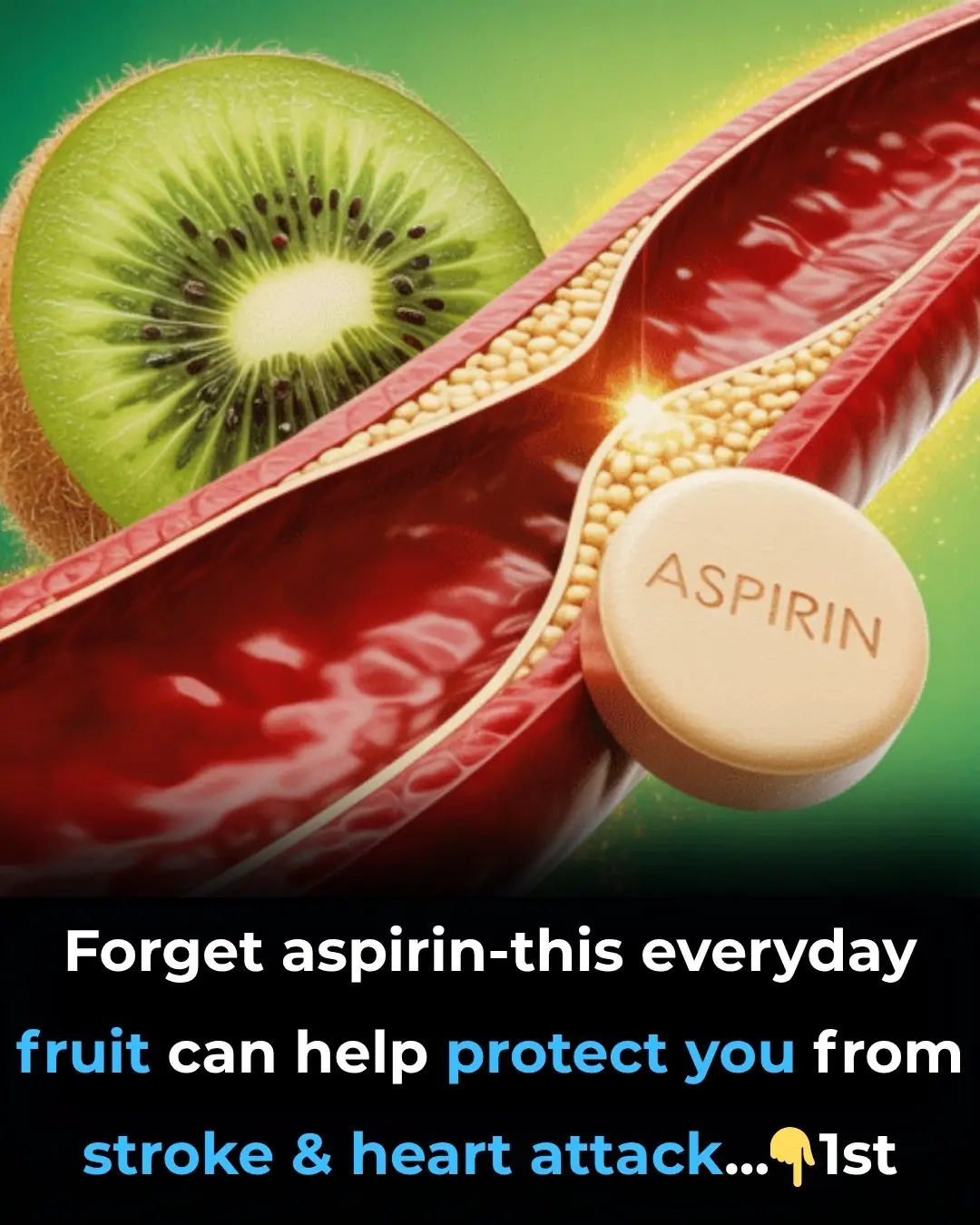
Forget aspirin—this everyday fruit can help protect you from stroke and heart attack

8 Sh0cking Toilet Clues That Could Signal Canc3r: Don’t Ignore Them!
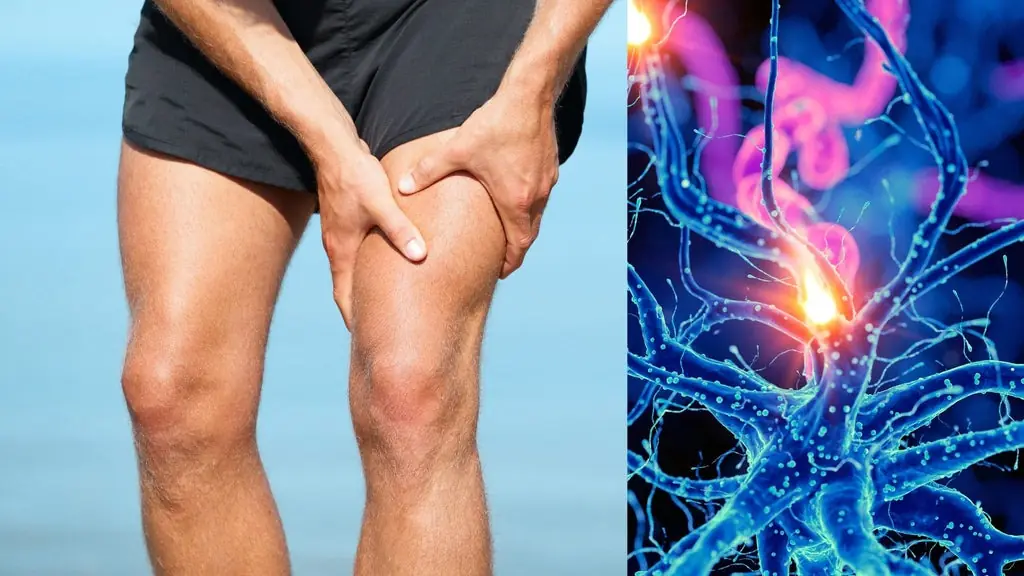
14 Warning Signs Your Body Is Running Low on Magnesium and How to Get It
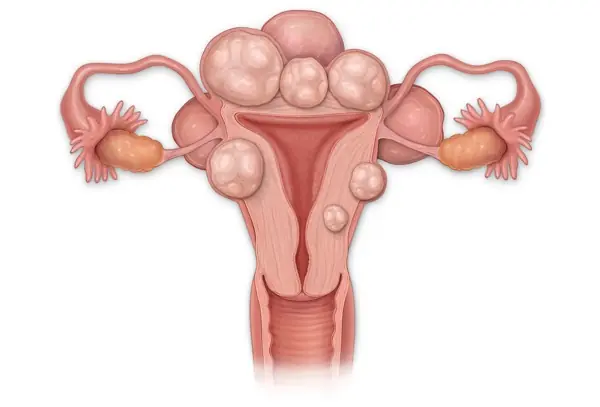
7 Early Signs of Uterine Fibroids Too Many Women Ignore
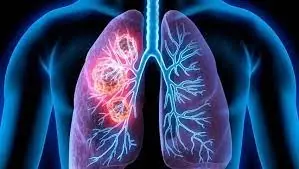
7 Early Signs and Symptoms of Lung Cancer You Should Never Ignore
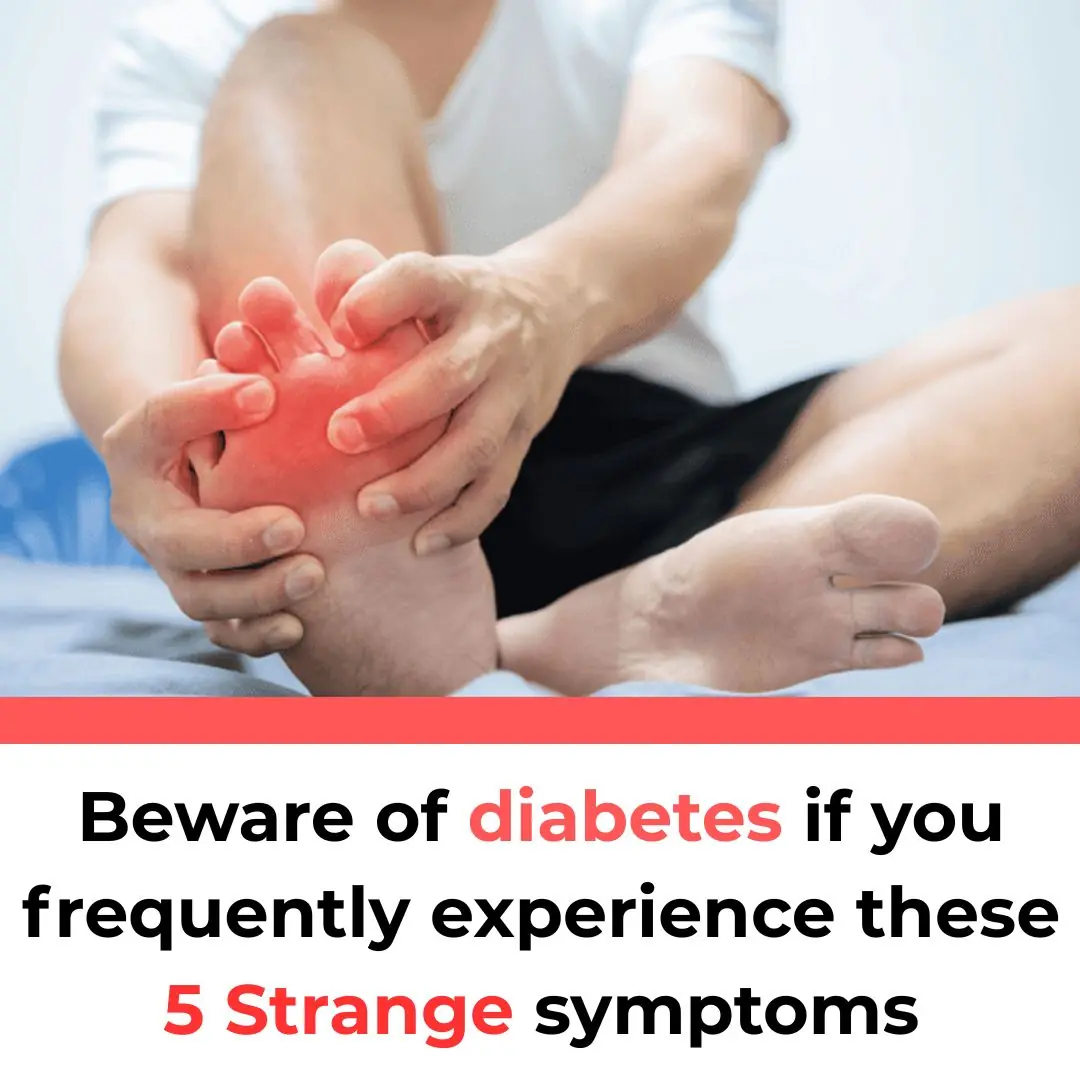
High Blood Sugar Warning Signs

Eat 2 Eggs Every Morning and Feel These Powerful Health Effects Take Over Your Body
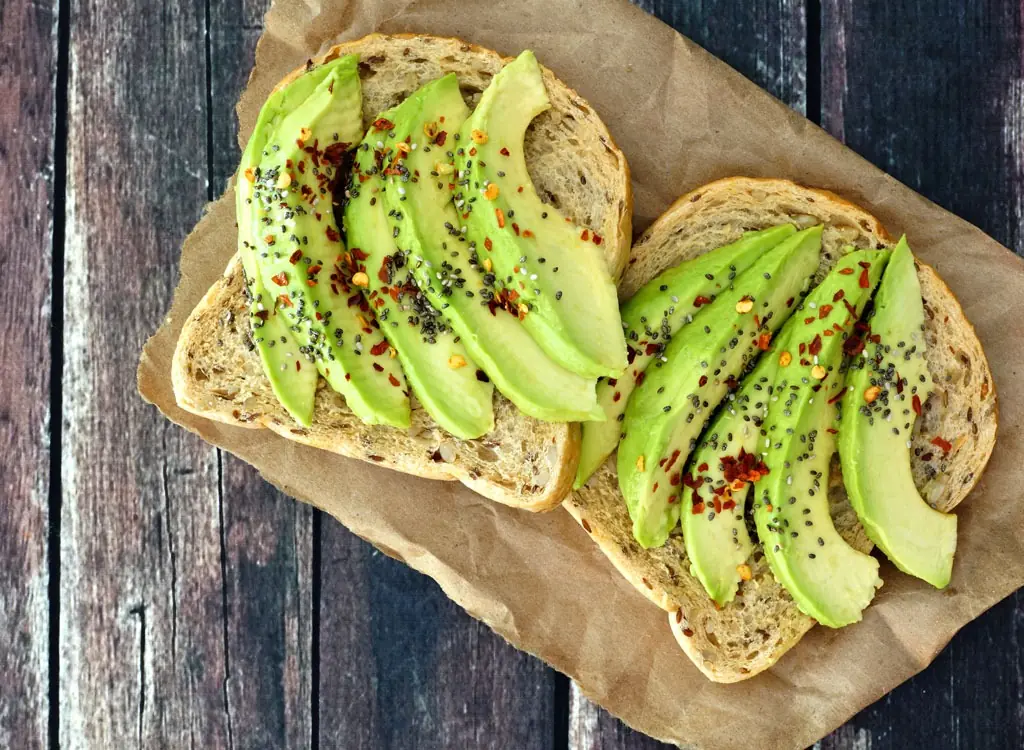
Avocado Power: The Scientifically Proven Health Benefits of the Fruit (and the Seed!)

Body Suddenly Jerks While You’re Falling Asleep? This Is What It Means

pH Balance and Your Health: Signs of Acidosis and How to Alkalize
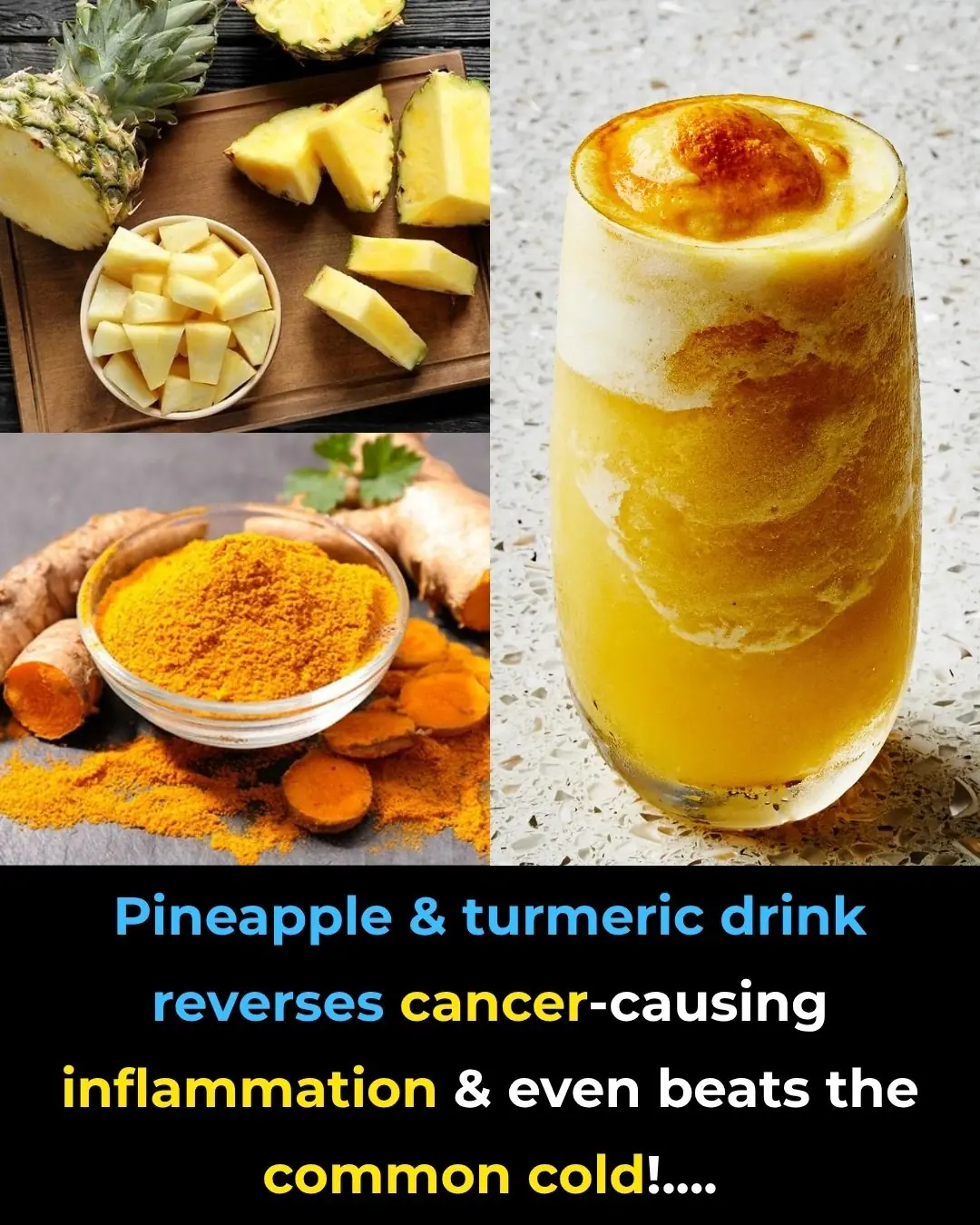
Pineapple And Turmeric Drink Reverses Cancer-Causing Inflammation And Even Beats The Common Cold!
News Post

Jennifer Hudson Champions Musical Inclusivity Amid Super Bowl Language Debate

Jennifer Hudson Cheers on Bad Bunny’s Super Bowl Swagger — and Starts Learning Spanish Herself

Charli XCX shares cryptic video after Taylor Swift’s ‘Actually Romantic’ diss

NY authorities clamp down on liquor store openings citywide as booze demand plummets

Desperate rescue effort underway to save hundreds of hikers stuck on Mount Everest after snowstorm

Six signs you may be a functioning alcoholic according to doctor

Pineapple Water: A Refreshing Drink That Supports Your Health

The Silent Threat: Recognizing Early Signs of Kidney Disease and Lifestyle Prevention

A Heartwarming Encounter: A Child’s Innocence and the Power of Love.

The Stranger Who Stopped: How One Man’s Compassion Saved a Life on a Busy Georgia Road

Baking Soda (Bicarbonate of Soda): Uses and Benefits (Science Based)

A Father’s Day Gift Like No Other: A Daughter’s Kidney, A Father’s Second Chance

Benefits of Walking: Why Walking is One of the Best Forms of Exercise 🚶♀️

Maliyah’s Fight: A Fifteen-Year-Old Cheerleader Battling Stage 4 Cancer With Courage and Faith

No Cake, No Balloons: A Firefighter’s Quiet Birthday of Purpose and Service

Orangutan Secretly Watches Over Woman During Jungle Survival Challenge

“The Stranger on a Plane: How One Man’s Kindness Gave a Mother the Gift of Rest”

A Little Fighter’s Final Victory: Remembering Bryson’s 1,027-Day Battle

A Match Made in Dog Heaven: A Toddler and Her Puppy Who Share a Special Bond
